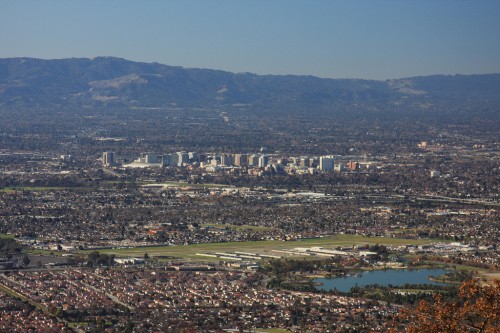 Things are weird at the Weather Company, you guys. While a lot of other TV meteorologists are really screwing up the climate change conversation, the Weather Company folks, who run the Weather Channel and Weather Underground, “insert climate into every weather story,” says CEO David Kenny. “We’re scientific journalists. We start with science and try to tell scientifically based stories. It’s not a political point of view,” Kenny told Fast Co.Exist.
Things are weird at the Weather Company, you guys. While a lot of other TV meteorologists are really screwing up the climate change conversation, the Weather Company folks, who run the Weather Channel and Weather Underground, “insert climate into every weather story,” says CEO David Kenny. “We’re scientific journalists. We start with science and try to tell scientifically based stories. It’s not a political point of view,” Kenny told Fast Co.Exist.
Whaaaat?
More from Fast Co.Exist:
Plenty of people get their weather reports from the Weather Company’s TV shows, apps, and websites. But what about everyone else? TV meterologists have become infamous in recent years for their reticence to discuss climate change — and in some cases, for their lack of belief in climate change at all. One TV storm tracker in San Diego (who also happens to be a co-founder of the Weather Channel) went so far recently as to say that global warming is a “fictional, manufactured crisis.”
In fact, the Weather Company provides weather data to many TV meteorologists. These days, the company is also trying to provide climate change facts. “Most meteorologists, if you actually give them the science, they come around,” says Kenny. “Most now believe it, but are afraid to talk about it.”
The Weather Company won’t have any dearth of material in the coming years, according to new National Weather Service Director Louis Uccellini. Uccellini says the country’s in for a new normal of extreme weather, and it’s “likely” climate change is contributing to the problem. (You’re no David Kenny, sir, but I’ll take it.)
Global warming is “making it more likely that the storms are more intense and produce heavier precipitation,” he said, but Uccellini cautioned that he doesn’t think there are enough cases of extreme weather yet to prove the hypothesis. “I think the evidence is leaning that way,” he said, adding that we’ve loaded the dice to produce more extreme weather such as Sandy. Uccellini said that Sandy’s damage was due in part to sea level rise from global warming.
The National Weather Service’s spring outlook, by the way? “Above-normal temperatures” for the vast majority of the country.



